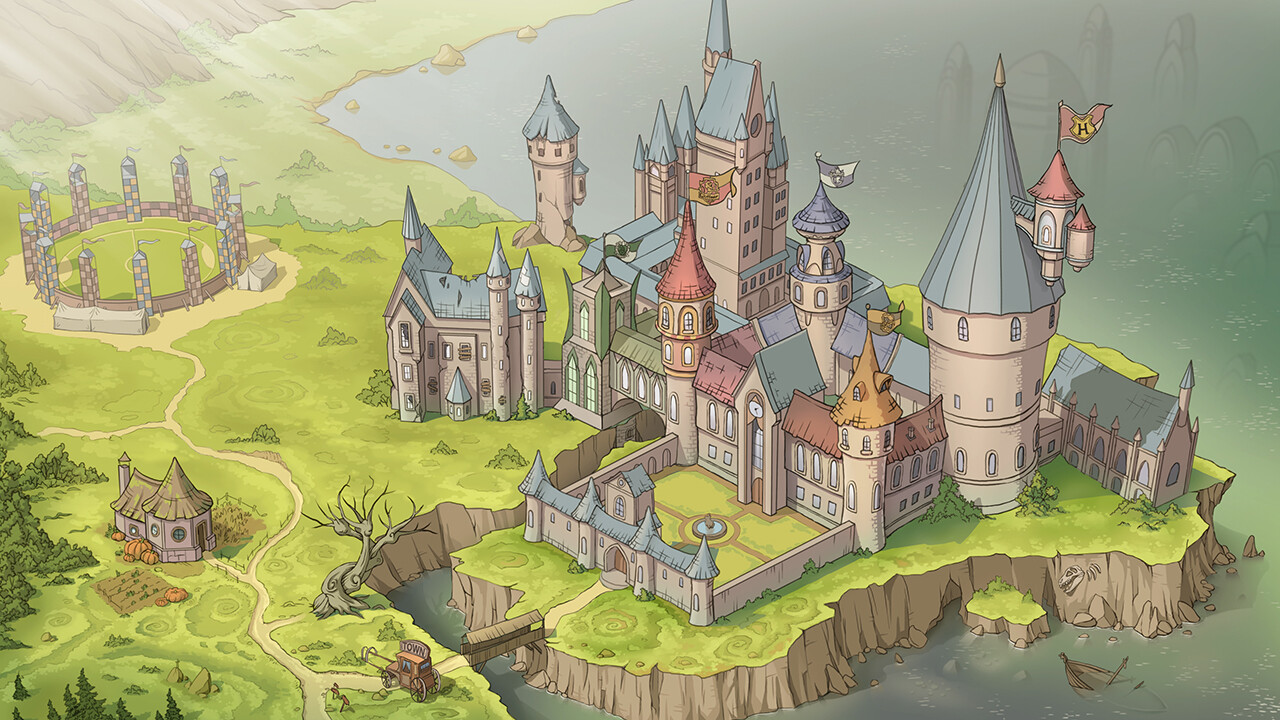Follow up to the discussion in this thread: https://literature.cafe/post/20498464
Given the variety of perspectives shared in that thread, I don’t think that a single community will be able to satisfy everyone.
As such, I have come up wit the following split:
While it does fragment the userbase (always a risk with in the fediverse), it would put give individual users the maximum amount of choice for what posts they wish to see in their feed, and what topics they wish to discuss.
I am interested in hearing people’s thoughts.


I’m sympathetic to the tragedy of tainted nostalgia. I had a similar experience with the author of Ender’s Game, Orson Scott Card. It was distressing discovering that some of the literature that raised me and became in many ways my story – not only had a corrupted source, but contained questionable themes that originated from that corruption and were always present in the work. I wouldn’t describe exposure to news about the homophobic war monger as traumatic, but I do understand the grief that comes with having to re-examine and re-contextualize childhood beliefs and memories.
At the turn of the century, it was ambiguous whether the religious right would continue to wield political power. Harry Potter’s unflappable rise in spite of theocratic pearl-clutching about witchcraft in literature gave hope that a less religiously dogmatic future was possible. In a time when scholastic book sales were flagging, JK Rowling helped millions of children to learn to love reading. You’re not only losing the good feelings associated with childhood nostalgia, but also a shibboleth to a community of agnostic people who love reading for readings’ sake. You’re not wrong to want to preserve some part of that. It’s not wrong to grieve for the parts that can’t be saved.
You’re also not a bad person for loving the literature. Fantasy is the power to imagine different lives in different worlds, a prerequisite for changing our own. I find it difficult to think of a work that does not have some suspect themes, and all authors are flawed so some degree. In a world where unparalleled success in fantasy writing didn’t give someone policy power to harm of millions of people, a conversation about Rowling’s fringe ideas about gender identity would have a very different tone. While not unique to the Wizarding World, one of the redeemable themes of that work is that individual people, each doing their own small part, can defeat an evil that is much greater than any one of them. Your small part may be to come to terms with the need to walk away.
On the other hand, your childhood experience gives you a rare power - you’re on much better footing to empathize and soften the blow to others who are at a different stage of grief with the same struggle. You’re in a much better position to weather the abuse you will receive if you stay, because you understand the place of hurt that it comes from. Harry Potter is about unexpected people rising to a challenge, and by joining the fight against JK Rowling, you are honoring the best parts of what you discovered through her literature.
Nice comment.